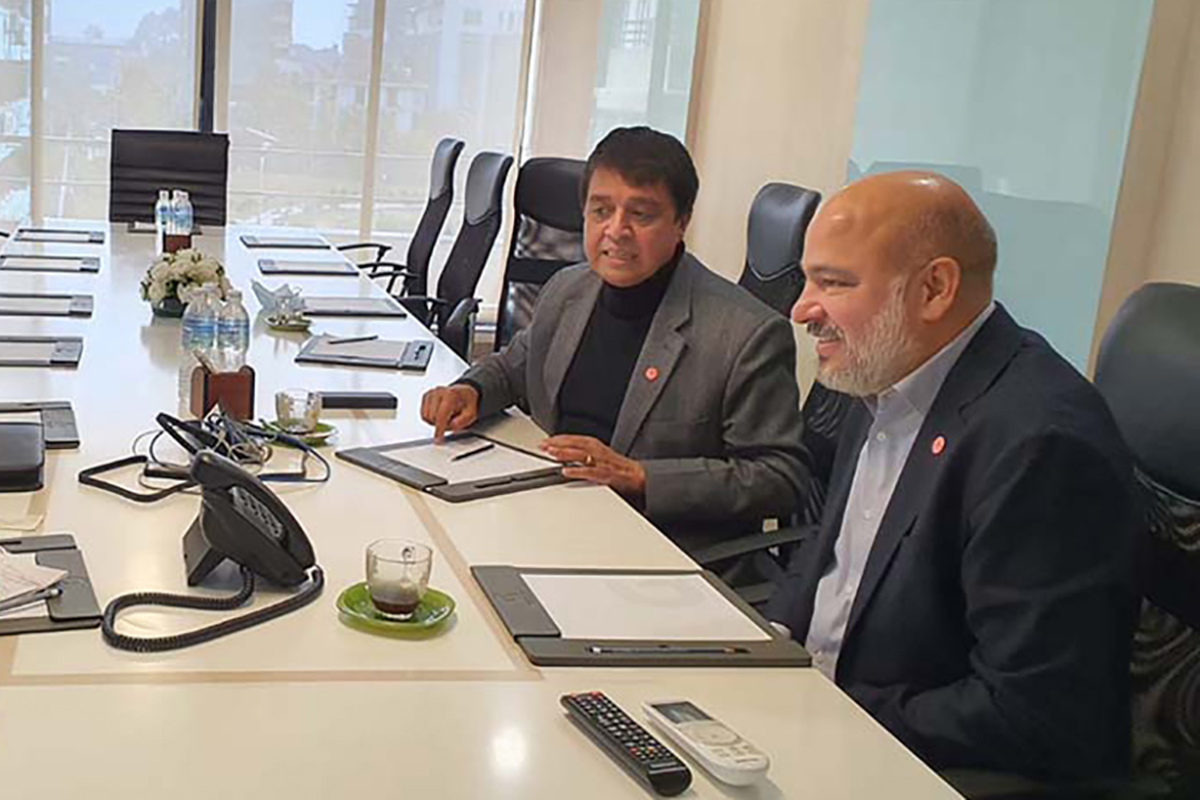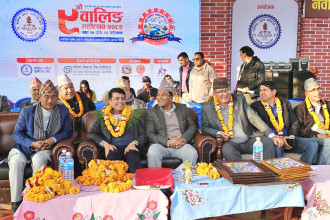
KATHMANDU: Federation of Nepalese Chambers of Commerce and Industry (FNCCI) has welcomed the government’s budget for fiscal year 2025/26, unveiled by Deputy Prime Minister and Minister for Finance Bishnu Prasad Paudel on May 29.
In its press statement, FNCCI noted that the budget prioritises economic reforms and recognises private sector as the backbone of the economy.
The budget incorporates several of FNCCI’s demands, including measures to ensure stable and predictable policies by prohibiting retroactive laws and progressively implementing the recommendations of the High-Level Economic Reform Commission. FNCCI welcomed the proposal for a single-window system for business registration and closure, enhanced by digital platforms such as Nagarik app, and called for further reform of public–private partnership laws and investment legislation.
Additional measures include provisions to shorten and simplify Environmental Impact Assessments (EIA) and Initial Environmental Examinations (IEE) to attract foreign direct investment, a reduction in rent rates for special economic zones (SEZs) and industrial estates, and the adoption of Industry 4.0 concepts to boost technology use. The budget also empowers the Investment Board Nepal (IBN), although FNCCI recommends merging IBN with the Department of Industry and other bodies for integrated services.
The budget aims to foster innovation-based startup entrepreneurship through the establishment of incubation centres—in collaboration with the government, universities, and the private sector—as well as through interest rate subsidies and a five-year income tax exemption for eligible businesses. It also supports the development of micro, cottage, and small to medium-sized industries, and encourages domestic timber management and women's entrepreneurship by offering tax exemptions on business registration.
In tourism and infrastructure sectors, the budget proposes special industry status for hotels and resorts, arrangements allowing tourists to carry up to $5,000 in Nepali currency, and new plans for operating Pokhara and Gautam Buddha International Airports, along with expedited construction of Nijgadh Airport and the Nijgadh–Kathmandu Expressway. The agricultural sector is addressed through measures to expand fruit farming and support the “Organic Hill Programme”, while provisions to encourage reservoir-based projects and private investment in electricity transmission are also included.
However, FNCCI criticises the failure to extend tax exemptions on electricity exports beyond 2025 and retention of the “take and pay” arrangement, as well as the omission of its suggestion to remove the excise duty on domestic production. The private sector organisation also expressed concerns over retention of 2.5% deduction at source (TDS) on export cargo, the luxury tax and VAT on certain jewellery, and the lack of reforms in personal income tax rates and exemption limits—all of which may dampen market activity and discourage exports.
Overall, the budget sets a feasible economic growth target of 6%. FNCCI stressed that achieving this target will require good governance and an environment in which the private sector can operate freely and with respect.





-1769681482.jpeg)
